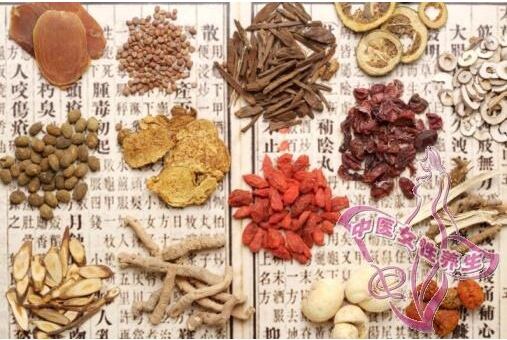Despite the billions of euros the sector generates in sales around Europe and the rest of the world, it continues to attract its fair share of sceptics, some of them, like the Nightingale Collaboration in the UK, really quite zealous in their attacks.
And of course herbals are often dismissed by the mainstream medical fraternity as plant-based quackery even if many pharma products are themselves plant derivatives.
Due to the multi-compound nature of herbal treatments like echinacea, valerian and ginseng, demonstrating efficacy in gold standard intervention studies is difficult, a fact that has given the sector another headache in the form of in-limbo health claims in the EU.
There is a plethora of tradition of use data demonstrating herbal benefits from libido to longevity, but the EU nutrition and health claims regulation (NHCR) favours clinical intervention data and so… er…Brussels, we have a problem. No end in sight there.
Chinese contamination
And contaminating this fragile mix is the very subject of contamination. It seems hardly a week goes by without a warning from a European regulator or one elsewhere about a contaminated herbal product.
The products are typically made by small players whose location and contact details a Raymond Chandler private detective would struggle to uncover.
And the fact is that most of these products tend to be Traditional Chinese Medicines (TCM) with lead, arsenic, mercury or steroid forms the typical foreign bodies.

The latest bust this week provoked Simon Mills, secretary of the European Scientific Cooperative on Phytotherapy (ESCOP) in the UK to express his sector’s exasperation at the situation.
“This is a long term problem that does not seem to be getting any better,” Mills said.
“I am sure the MHRA [UK medicines regulator] is as focused on this as they can be but frankly we are all fed up with this - it is almost unpoliceable - no QA/QC regime can manage stuff that does not go through any identifiable channel – and constantly undermines the rest of the herbal sector.”
“Even executing the head of the regulator in China does not seem to be able to stem this stuff.”
Aside from the rogue players involved, it’s difficult to know who to blame in these situations. Certainly EU regulators have made a point to enhance enforcement so maybe the increase in busts is not a sign of increased piracy, but increased enforcement.
Robert Verkerk PhD, executive director of the Alliance for Natural Health International certainly thinks that is the case: "You could argue that the imposition of tighter border controls including random testing of incoming products is having an effect. This is one of the few ways that unscrupulous operators can be caught out and we shouldn't forget that the very fact that some are being caught is a demonstration of effective regulation."

The Chinese government is aware of the problem and says it is taking measures to improve quality control (other than execution of unfavoured officials) but as any criminal lawyer knows, you can put in place all the laws and measures you like, but criminal intent is criminal intent.
And it seems for many Chinese TCM manufacturers, the temptation to cut corners outweighs any perceived or real penalties.
And the world’s herbal and broader supplements sectors bleed because of it.
Maybe it is time the EU issued a blanket ban on TCM as a drastic solution to a drastic problem.
What do you think? How can this problem be addressed? Are further measures necessary? Share your comments in the box below...
